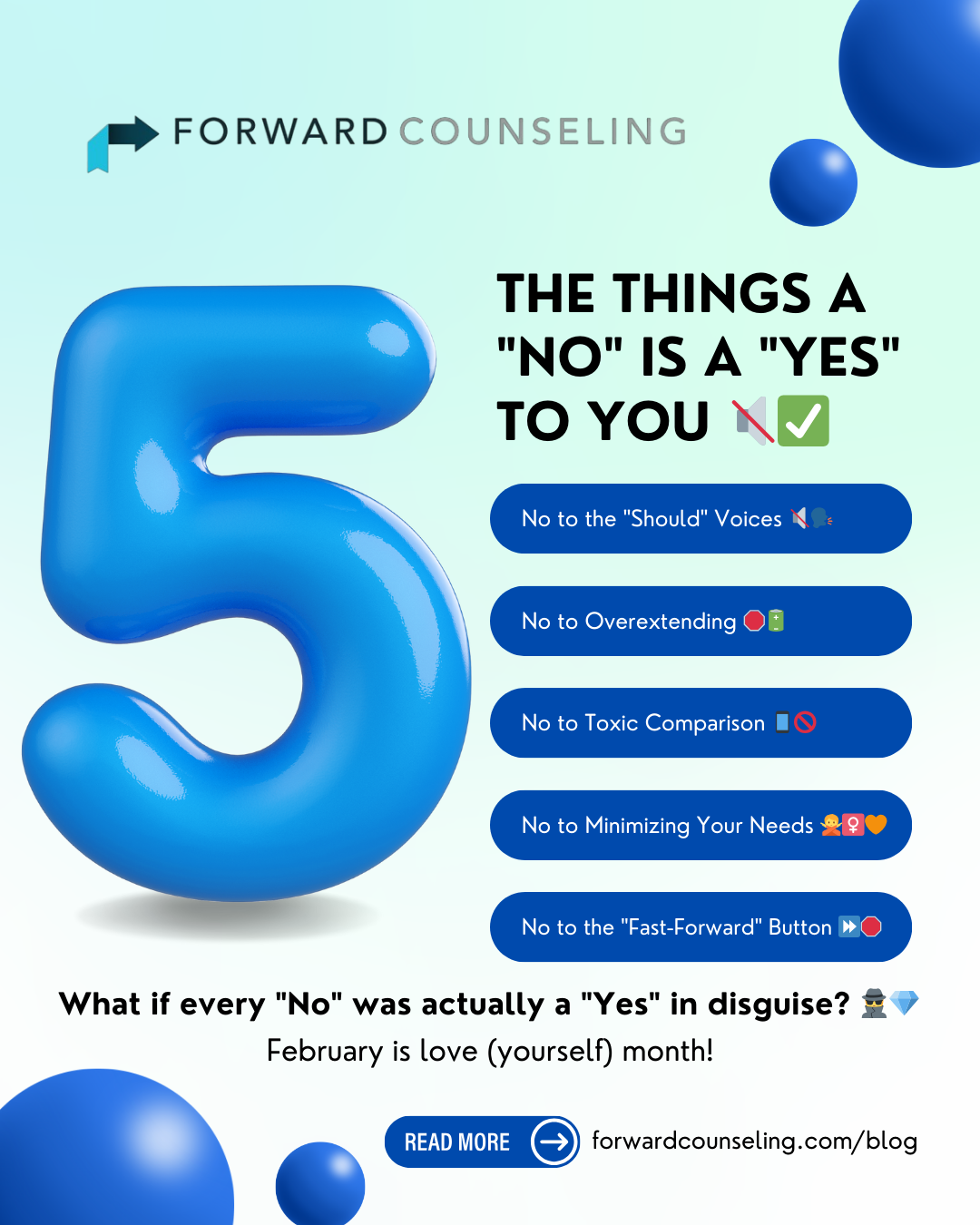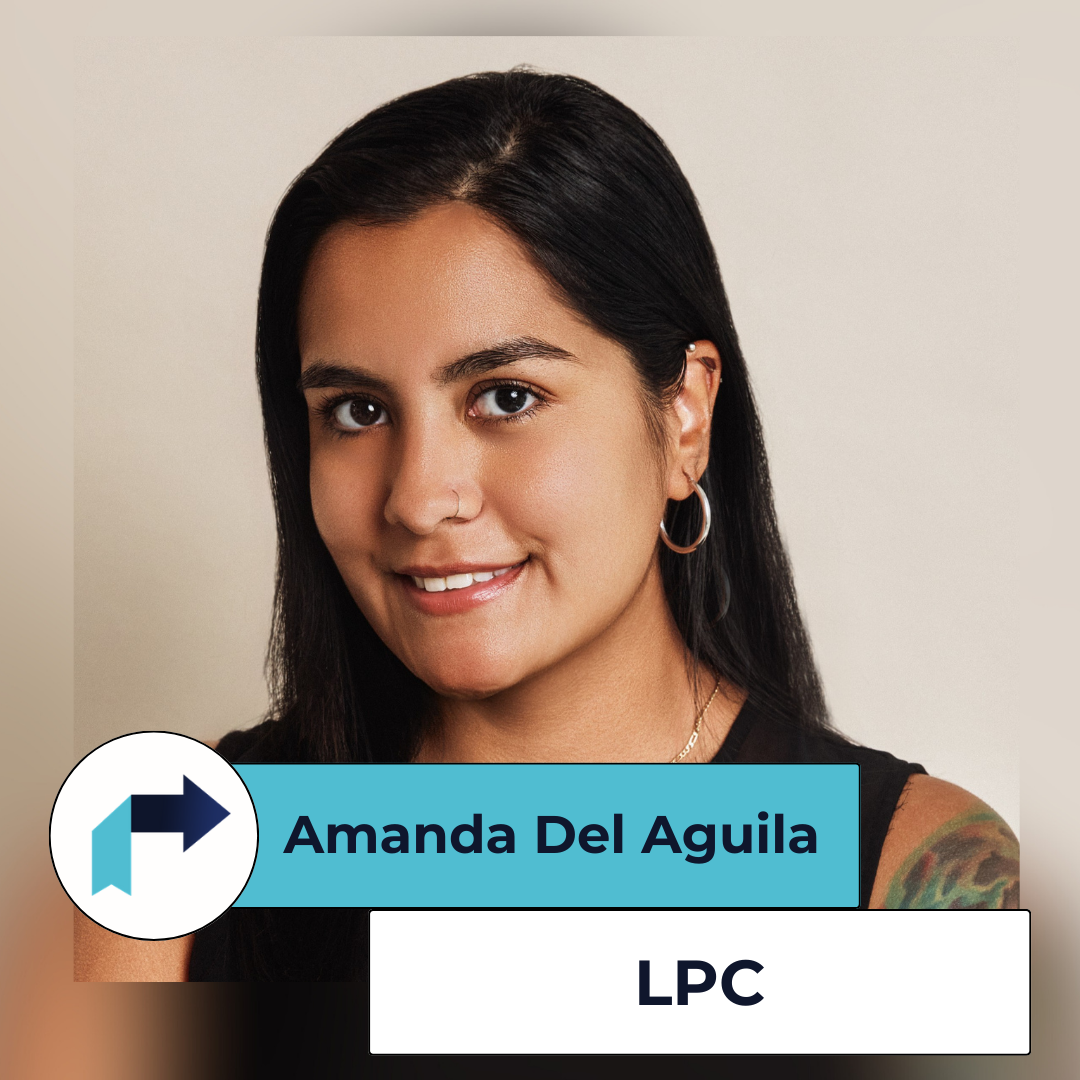EMDR and Trauma Resolution Therapies
The long-lasting effects of trauma can disturb us for weeks, months, and even years after the trauma occurred. Often times, the symptoms continue to persist and make everyday life difficult. The good news is that there are several treatments for PTSD and trauma-related symptoms, and our team is trained to help you get through them. EMDR and other Trauma Resolution Therapies are methods for resolving these issues. Our radical goal is to help you cure your symptoms of PTSD.
What is EMDR?
EMDR (Eye Movement Desensitization and Reprocessing) is a type of psychotherapy that enables people to heal from the symptoms and emotional distress that are the result of disturbing life experiences. Studies show that by using EMDR therapy, people can experience the benefits of psychotherapy that once took years to make a difference.
It is widely assumed that severe emotional pain requires a long time to heal. EMDR therapy shows that the mind can heal from psychological trauma, much as the body recovers from physical trauma. When you cut your hand, your body works to close the wound. If a foreign object or repeated injury irritates the wound, it festers and causes pain. Once the block is removed, healing resumes. EMDR therapy demonstrates that a similar sequence of events occurs with mental processes. The brain’s information processing system naturally moves toward mental health. If the system is blocked or imbalanced by the impact of a disturbing event, the emotional wound festers and can cause intense suffering. Once the block is removed, healing resumes. Using the detailed protocols and procedures learned in EMDR therapy training sessions, clinicians help clients activate their natural healing processes.
EMDR generally has eight different phases, and each therapist performs the phases a bit differently, according to how they feel will be the most effective. Treatment takes multiple sessions – the amount of sessions necessary will be determined by your provider.
Is EMDR for me?
EMDR is extremely beneficial for individuals who are dealing with long-term effects resulting from trauma, including—but not limited to—PTSD. It has also shown to be effective in treating other symptoms such as depression, anxiety, panic attacks, eating disorders and addictions.
Who offers EMDR?
We have several providers who offer EMDR: Lesley Rickman, LMSW; Greg Hale, MA; Jessica Shea, LCSW; Henry Isaac, LPC-MHSP; and Leslie Halpern, LMSW. Visit our Providers Page here to learn more about them, their availability, and payment and insurance options.
What is Rapid Trauma Resolution Therapy?
Prior to trauma, life may seem safe, predictable, and enjoyable – but in the aftermath, it can suddenly feel very scary, unpredictable, and even unbearable. It changes the way you feel about yourself, others, and everything around you. Therapy is often a necessary step in recovering from trauma.
Rapid Trauma Resolution Therapy (RTR) is a relatively new type of treatment for healing from trauma. RTR is designed to help individuals permanently overcome the negative effects of trauma with a fast and relatively painless approach. RTR is often touted as a revolutionary treatment for trauma recovery and emotional healing. The process – which sometimes takes as few as 1 to 4 sessions – helps individuals get their lives back on track with ease.
RTR combines hypnosis, guided imagery, stories, and multilevel communication to eliminate the challenging effects of trauma. By quickly getting to the root of the problem, negative and troubling emotions, thoughts, and behaviors are quickly replaced with ones that are healthy and positive. While the typical sessions at our office last 45 minutes, RTR sessions may last longer.
Is Rapid Trauma Resolution for me?
RTR is designed for anyone who has lasting effects that resulted from trauma. In addition to helping overcome trauma symptoms, it can also be beneficial for symptoms like insomnia, low self-esteem, panic attacks, anxiety, obsessive thoughts, compulsive behaviors, and depression.
This treatment approach is beneficial for all types of trauma; whether it was a single incident or something that occurred repeatedly (e.g. ongoing abuse). The trauma doesn’t have to be “huge”, or a singular specific instance, in order for RTR to help.
Group therapy
In addition to individual therapy, going to group therapy can be incredibly beneficial to healing from trauma. Click here to view our therapy groups and learn more.
more ways to heal
Therapy doesn’t have to be just talking. Many of our providers offer other therapy services - including yoga, expressive arts therapy, and more. Click here to learn more about our providers and what they offer.








